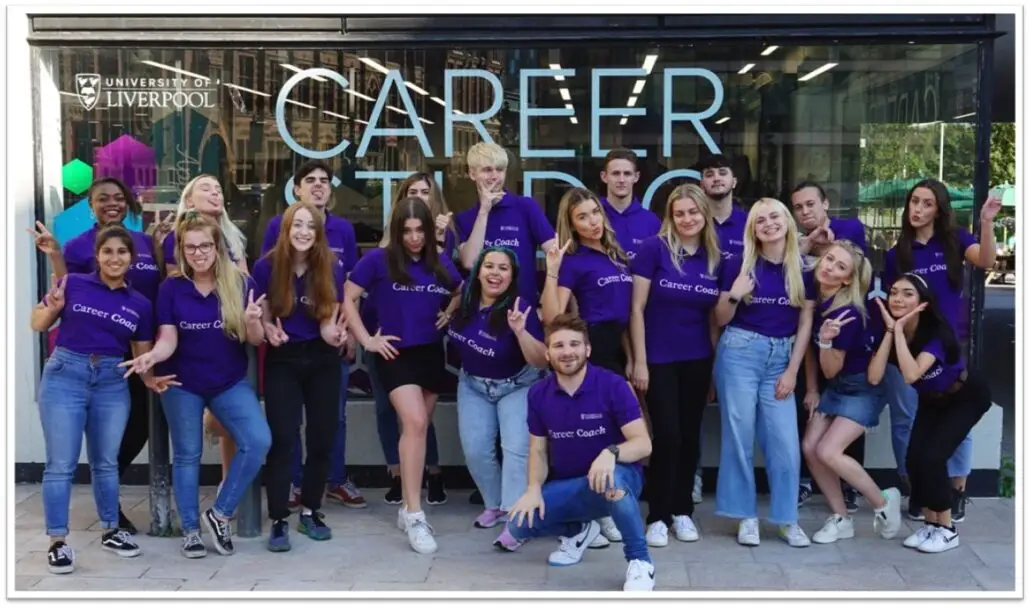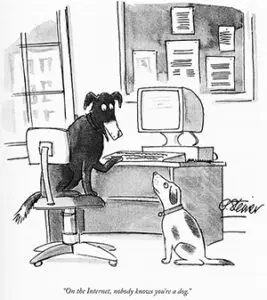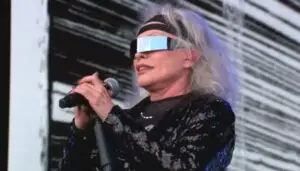For the past three decades, I’ve been advising some of the world’s leading organisations on how to hire and retain young professionals. I have also been assisting thousands of students and graduates as they prepare for the workplace. From this, I have gained a first-hand insight into how greatly attitudes to work have been shifting in recent years.
In this article, I reveal some of these new attitudes to work, and where they’ve arisen from. I also offer some practical tips for what organisations can do to recruit, retain and develop multi-generational teams.
”Every generation is a new people’ – Alexis de Tocqueville
Bearing in mind that he wrote it almost two-hundred years ago, De Tocqueville’s claim still stands up. Every generation is a new people – a people with its own unique outlook on the world. This outlook has been shaped by a confluence of forces – social, economic, cultural, technological – which are in play during their formative years. It’s this outlook – or attitude – which shapes the way that generations behave at work: how they respond to managers, how they think about their careers, even how they prefer to communicate.
Below is a summary of some ‘signature’ generational work attitudes:
Baby Boomers (1946-1965):
Known for their hard work, long hours culture and organisational loyalty, Boomers’ attitude to work is based on face-to-face communication, hierarchical structures, job satisfaction. For Boomers, work is central to who they are: they have worked hard to get where they are and are proud of their accomplishments. (Tip: don’t mess with Boomers’ job titles.)
Generation X (1966-1980):
Generation X’s attitude to work is more complicated. Unlike Boomers, Gen X prioritises work-life balance and, as they get older, flexible working arrangements. They also value personal growth and autonomy, although they can often by cynical about “wellbeing” initiatives. Gen X were the early pioneers of digital technology and are now the last generation to recall life “BC” – before computers.
Millennials (1981-1996):
Recognized for their tech-savviness, Millennials’ work attitude is centred on undertaking purposeful, meaningful work, in collaborative environments aligned to their values. They thrive on teamwork and look for opportunities to develop new skills. Millennials seek harmony and struggle with conflict and challenging situations.
Generation Z (1997-2010):
Growing up in the digital age, Gen Z’s attitude to work is focused on inclusivity, diversity, and technology. They’re entrepreneurial, tech-native, and entrepreneurial. This is the generation of side-hustles and online businesses. It’s also the first ‘Work from Home’ generation which expects a blended work-home balance. They expect this now, by the way, not in the distant future.
The New Psychological Contract
Underpinning each generation’s attitude to work is psychological contract which their employer. Boomers’ psychological contract was often based on an exchange of loyalty from the employee in return for job security from the employer. This enabled Boomers to view their jobs as ‘careers’ – long-term roles which could often last for several decades at a time.
In today’s workplace, the idea of decades’ long careers appears less alluring, for both employees and employers. Instead, a new psychological contract is emerging, one which reflects the attitudes and aspirations of Millennials and Generation Z (see below).

From my work with business leaders, both in the UK and overseas, it’s clear that for many organisations, adapting to Millennial and Gen Z work attitudes can be challenging.
At the same time, adapting to this new psychological contract, and taking steps to engage with Millennials and Gen Z, can give organisations a strategic advantage in today’s job market, helping them recruit and retain talented young professionals.
5 Quick Takeaways
End of Traditional Career Path: Remember, for Boomers, work was the priority around which life was expected to revolve. For Millennials and Gen Z, life is the priority – around which work is expected to fit. This is the biggest conceptual shift to have occurred in the last thirty years and few organisations have yet grasped the implications. Those that do – and do something about it – are off to a flying start.
Your Priority: Millennial Middle-Managers: Gen Z don’t leave organisations, they leave managers. And often, these are Millennials who are struggling to deal with these younger but more opinionated, endlessly more empowered recruits. My advice is to focus on training and empowering your Millennial middle-managers: give them the skills and confidence and watch your retention problem dissolve overnight.
You Just Became a Coach: The days of Boomer command-and-control are over. From now on, every manager just became a coach. Coaches’ advise, support, encourage, and develop talent.
RIP Annual Reviews: No one likes annual reviews. Time to replace them with ongoing, real-time discussions, that are focused on strengths and growth.
Appeal to the Boomerang Generation: Gen Z quits jobs without having other jobs to go to. Why? Because there’s no compelling reason to stay. With this in mind, try two things: provide meaningful incentives to retain them; and make it easy for them to re-join you in the future.
Image: University of Liverpool
I speak regularly at events on the future of work and the multi-generational workplace. Find out more about my work as a speaker or book me for your event by contacting Faye at faye@speakingoffice.com.







